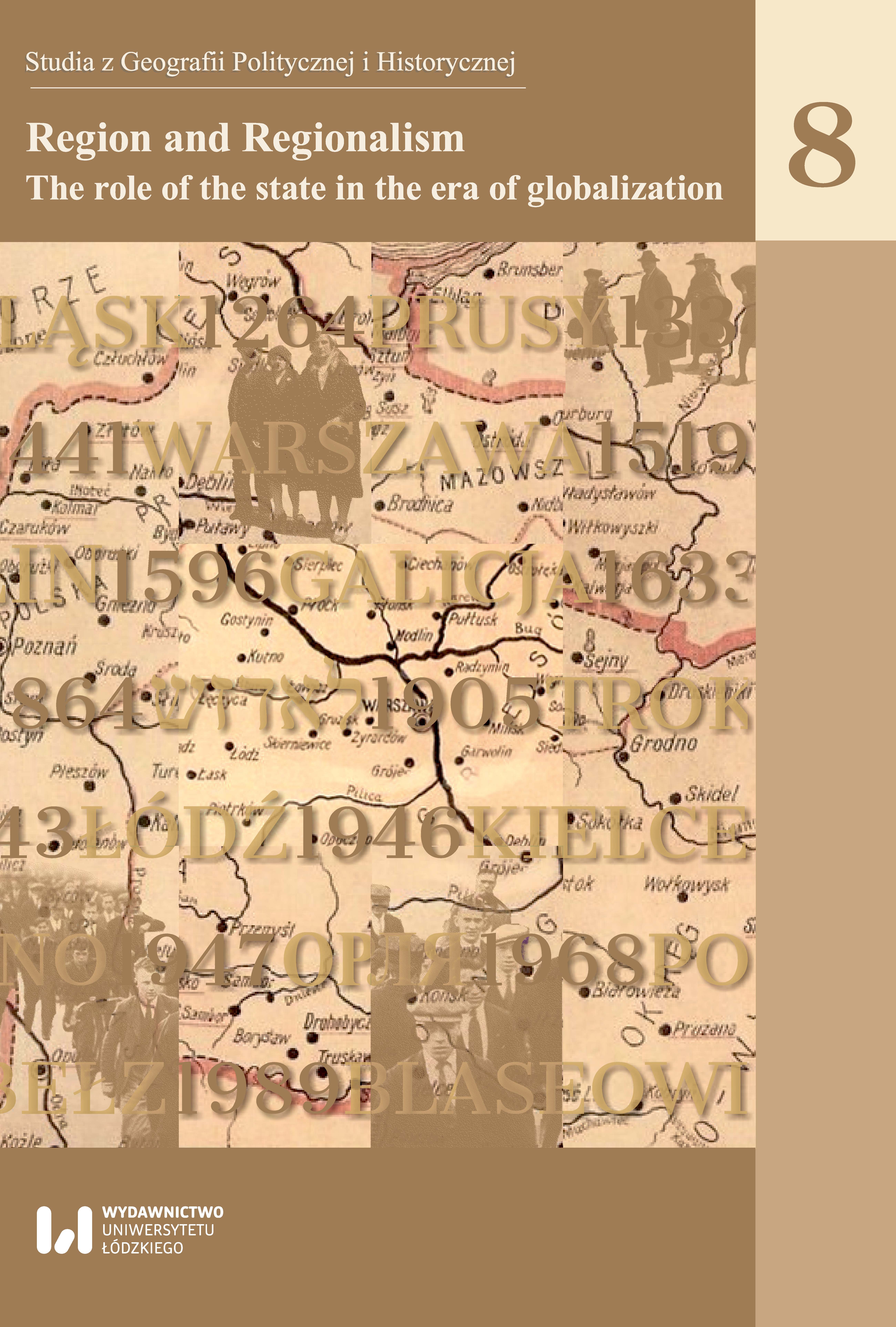The State – a necessity or an enemy?
DOI:
https://doi.org/10.18778/2300-0562.08.02Keywords:
history, Hobbes, Locke, limitation, Ludwig von Mises, Nock, Poland, Spencer, StateAbstract
This paper seeks to show the State in its historical and analytical approaches. In view of history, we find two principal solutions. In this text they are called metaphysical and contractual. The metaphysical solution is characteristic of the pre-modern era with its Aristotelian claim that we carry the social principle in our human nature; the principle is the spawning ground for the State. Now, the contractual, i.e. the modern, approach defines the State as a result of human negotiation. Historically speaking, there have been many proposals along the spectrum from an overgrown institution to its, much atrophied, form. The author proposes a modest approach to our understanding of the State: it is needed from the well-being of social community. The condition, however, of this well-being is that the State be limited, allowing much space for its society to grow and form indispensable interrelations.
References
Acton J.E, 1955, Essays on Freedom and Power, New York.
Google Scholar
Bastiat F., 1975, The State, [in:] Selected Essays on Political Economy, trans. from the French by S. Cain (edited by G.B. de Huszar), Irvington-On-Hudson: The Foundation for Economic Education, Inc.: 140–151.
Google Scholar
Bell J., 2001, The Political Economy of Reform in Post-Communist Poland, Cheltenham: Edward Elgar Publishing Limited.
Google Scholar
Etzioni A., 1971, The Active Society. A Theory of Societal and Political Processes, The Free Press, New York.
Google Scholar
Kalyvas A., Katznelson I., 2008, Liberal Beginnings. Making a Republic for the Moderns, Cambridge University Press.
Google Scholar
DOI: https://doi.org/10.1017/CBO9780511790782
Krastev I., 2017, After Europe, University of Pennsylvania Press, Philadelphia.
Google Scholar
DOI: https://doi.org/10.9783/9780812294262
Ludwikowski R.R., 1991, Continuity and Change in Poland. Conservatism in Polish Political Thought, The Catholic University of America Press, Washington, D.C.
Google Scholar
Mises L. von, 1966, Human Action. A Treatise on Economics, Contemporary Books, Inc., Chicago.
Google Scholar
Mises L. von, 1985, Omnipotent Government. The Rise of the Total State and Total War, Libertarian Press, Inc., Spring Mills.
Google Scholar
Nock A.J., 1989, Our Enemy, the State, A Free Life Editions Book, New York.
Google Scholar
Oppenheimer F., 1997, The State, trans. J. Gitterman, Fox & Wilkes, San Francisco.
Google Scholar
Ray J.L., 1990, Global Politics, Houghton Mifflin Company, Boston.
Google Scholar
Rose W.J., 1944, The Rise of Polish Democracy, G. Bell & Sons, LTD, London.
Google Scholar
Rummel R.J., 1997, Power Kills. Democracy as a Method of Nonviolence, Translation Publishers, New Brunswick.
Google Scholar
Spencer H., 1982, The Man versus the State. With Six Essays on Government, Society, and Freedom, Liberty Classics, Indianapolis.
Google Scholar
Woodall J. (ed.), 1982, Policy and Politics in Contemporary Poland, Frances Pinter (Publishers), London.
Google Scholar
Downloads
Published
How to Cite
Issue
Section
License

This work is licensed under a Creative Commons Attribution-NonCommercial-NoDerivatives 4.0 International License.








